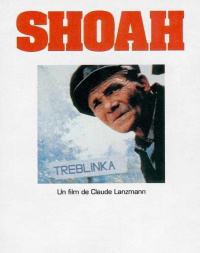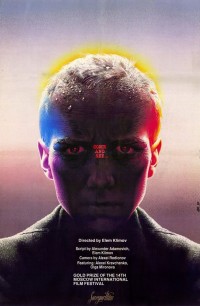Zerkalo (1975)
Drama
|
108 minutes
Genre: Drama
Duration: 108 minuten
Alternative titles: The Mirror / De Spiegel / Зеркало
Country:
Soviet Union
Directed by: Andrei Tarkovsky
Stars: Margarita Terekhova, Ignat Daniltsev and Larisa Tarkovskaya
IMDb score:
 7,9 (56.924)
7,9 (56.924)
Releasedate: 7 March 1975
Latest News

Mahjong Scenes in Cinema: What They Reveal About Character and Culture

From jump scares to jackpots: why horror movie aesthetics persist in modern online casino design
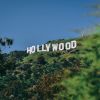
How Online Casinos Use Hollywood-Level Storytelling in Modern Slot Designs
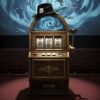




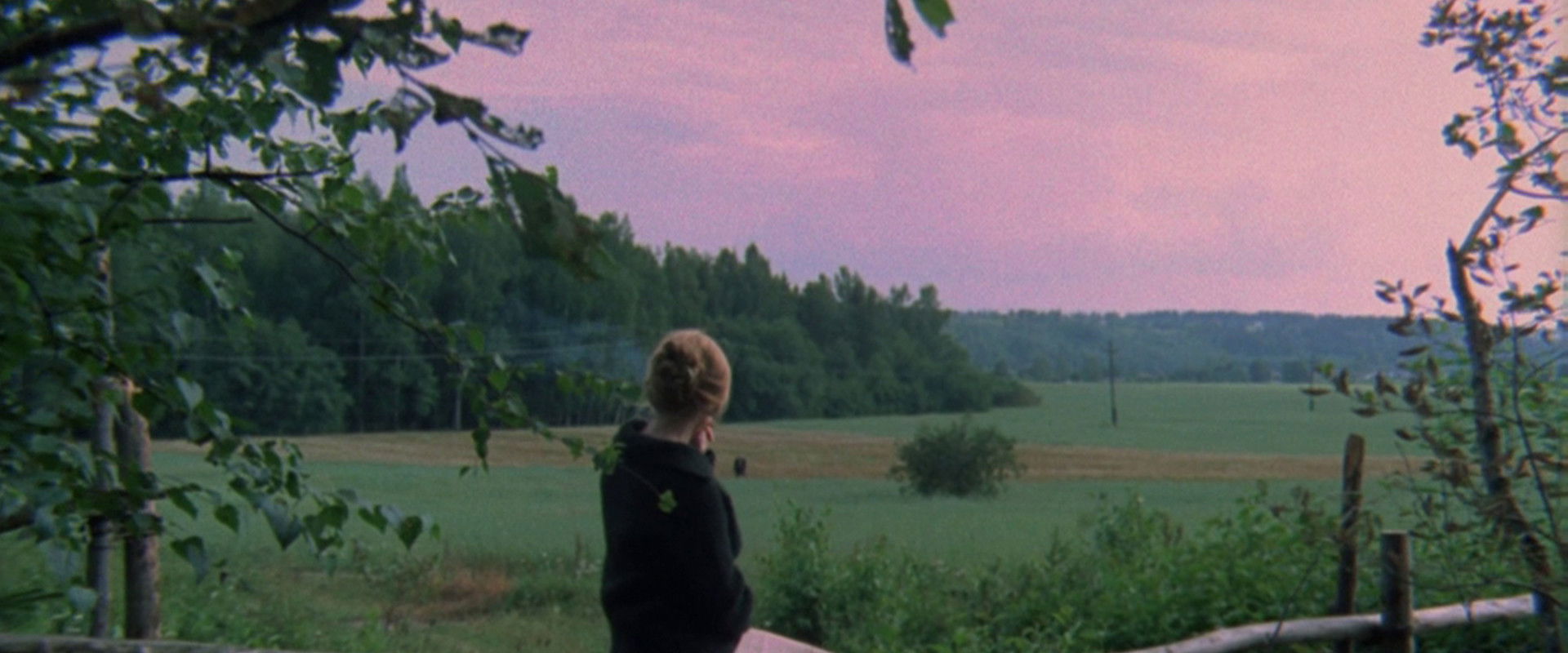


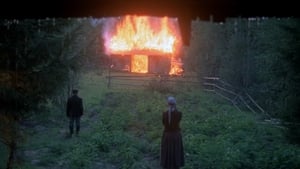
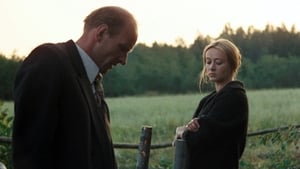
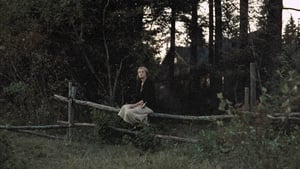
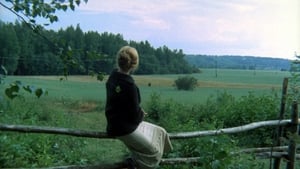
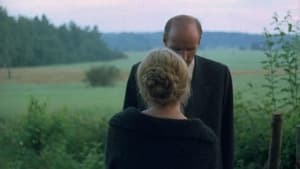
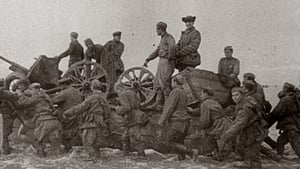
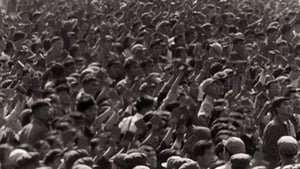






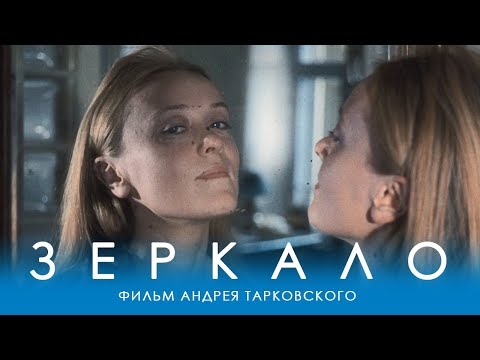
 Translated from Dutch ·
Translated from Dutch · 